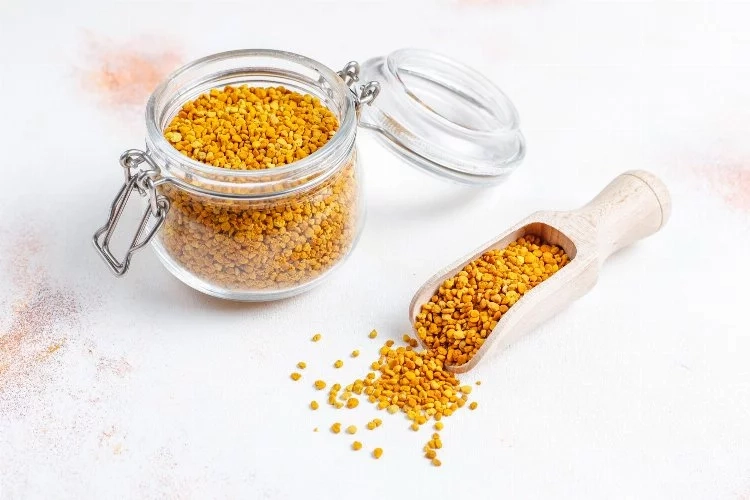"The 6th International Bee Products Symposium & International Honey Commission Annual Meeting took place in Romania on April 22-25.

The 6th International Bee Products Symposium & International Honey Commission Annual Meeting was held in Romania on April 22-25.
The conference, which serves as a reference in the analysis and research of bee products, brought together academics and industry professionals from around the world. Over the course of 4 days, experts in the field shared the latest research in bee products, including sessions on propolis, pollen, honey, honey analysis methods, residues, sensory analysis, geographical and botanical origin, and reliability in bee products.
Dr. Aslı Elif Tanuğur Samancı, Founder and General Manager of BEE’O Propolis, presented her session titled "Standardization of Propolis" at the panel on "Reliability in Bee Products," which was one of the important sessions of the symposium. In her presentation, Samancı discussed the ongoing standardization efforts led by the Ministry of Agriculture and Forestry of the Republic of Turkey domestically and by the International Organization for Standardization (ISO) internationally. She reported the results of a study examining 178 propolis samples from 23 different countries worldwide. Samancı stated, "In the research conducted on 178 propolis samples collected from 23 different countries between 2021 and 2024, it was determined that 102 samples contained no propolis, 34 samples contained less than 10% propolis, and 23 samples contained between 10% and 30% propolis. Additionally, it was found that propolis content was not indicated on the label in 57% of the samples. These data indicate that propolis adulteration in the global market misleads consumers. Therefore, standardization of propolis is crucial, both to ensure consumers' access to high-quality and reliable products and to ensure that large companies produce without misleading consumers and are more strictly monitored. I am proud and delighted to contribute to these efforts by participating in meetings for the development of both national and international standards. Where there are bees, there is life."
Samancı concluded by saying:
"According to the data from a multicenter prospective scientific study conducted on 10,000 allergic rhinitis patients and published in 2024, Anatolian propolis and nasal spray containing seawater were found to reduce total symptom scores and increase quality of life. Based on these data, it is possible to say that Anatolian propolis nasal spray could be used as a natural formula in the treatment of allergic rhinitis. This study is of great importance as there is no other study conducted on 10,000 patients worldwide related to propolis."